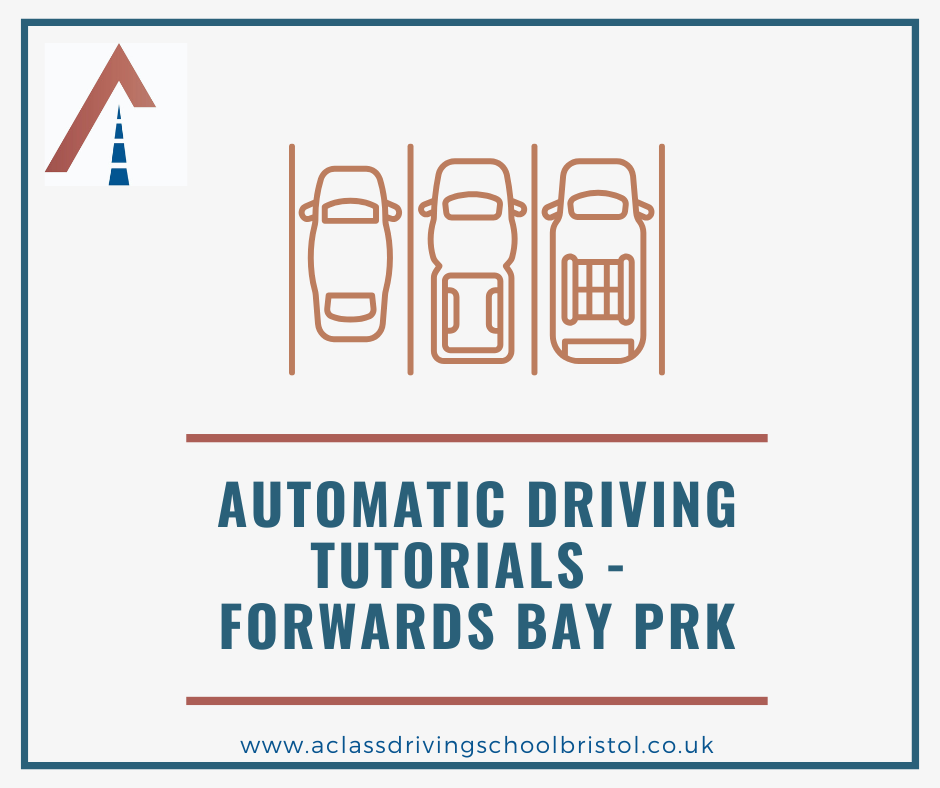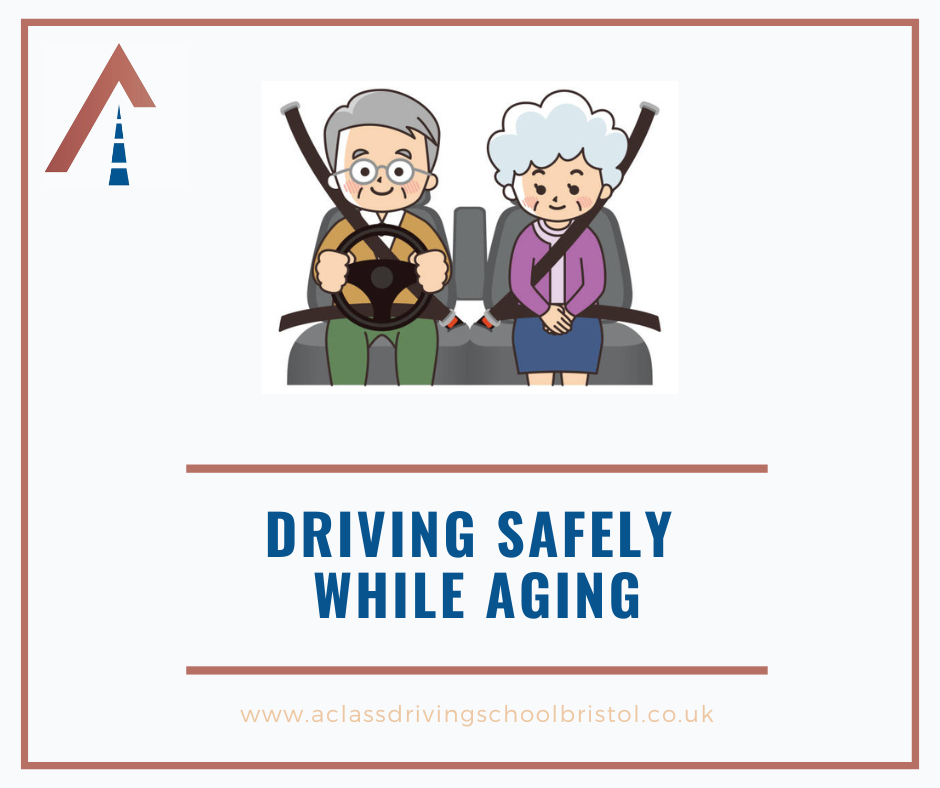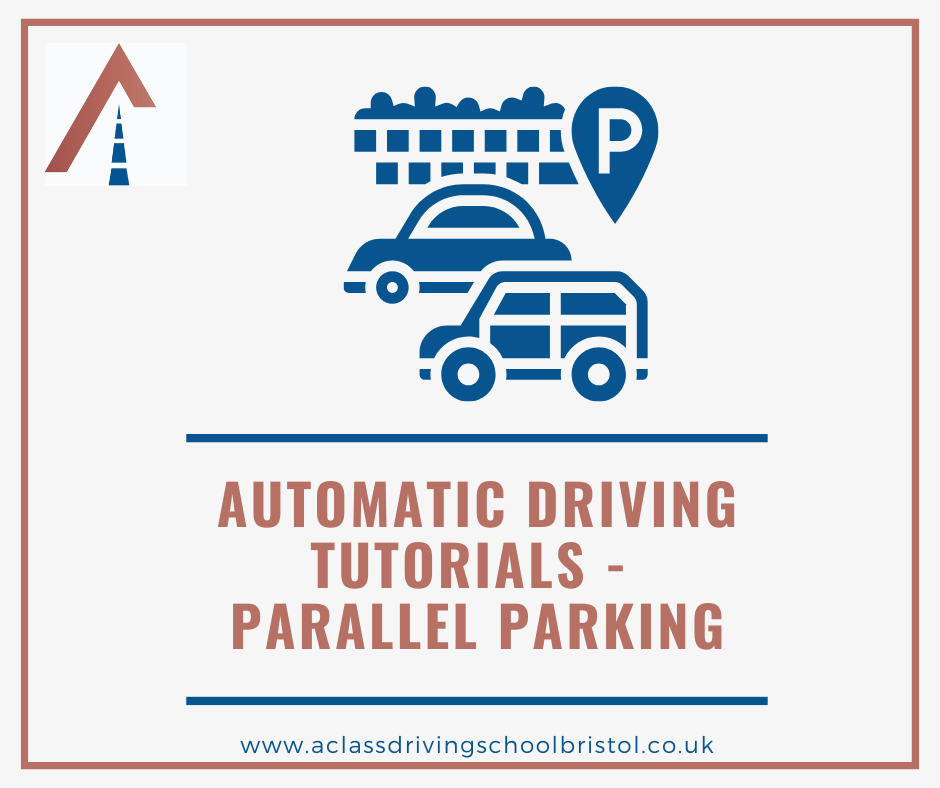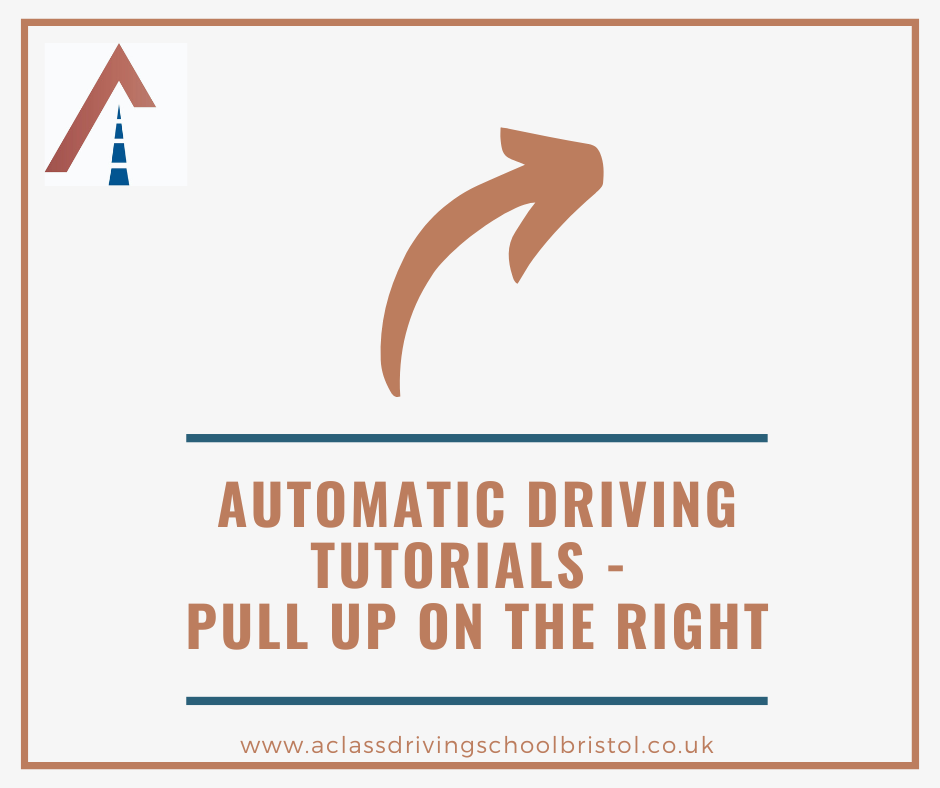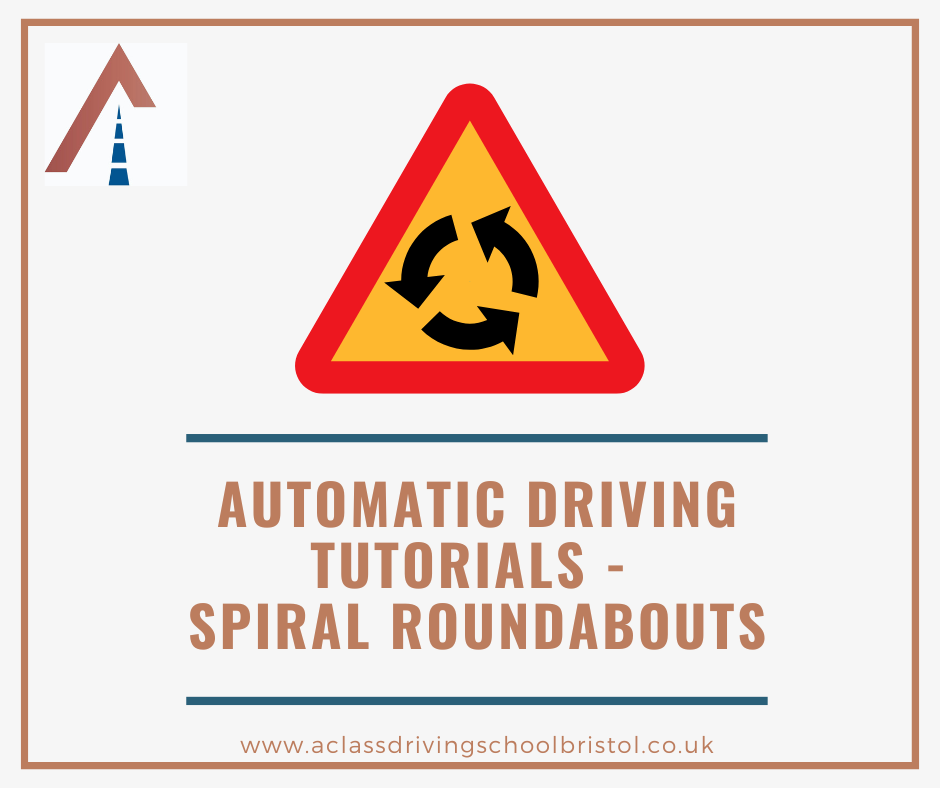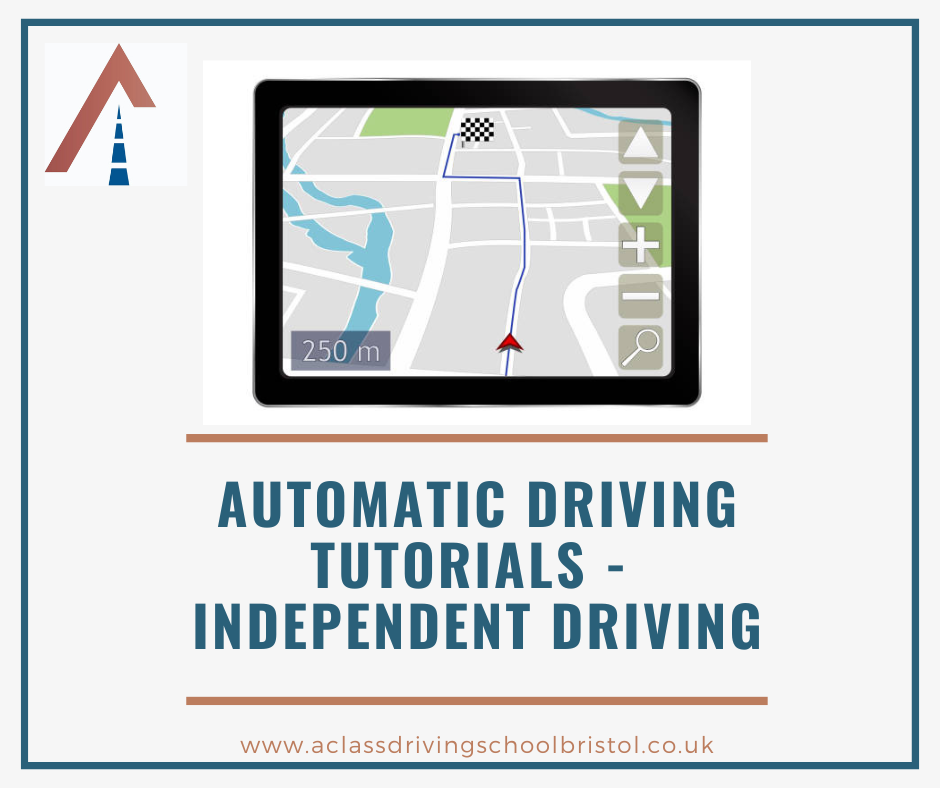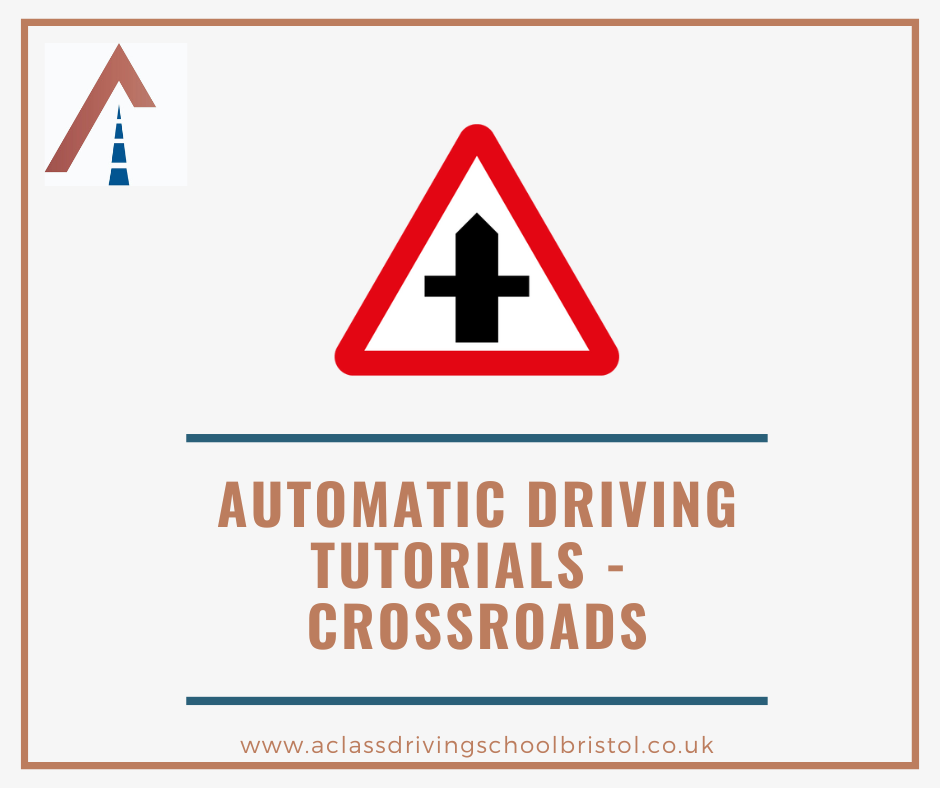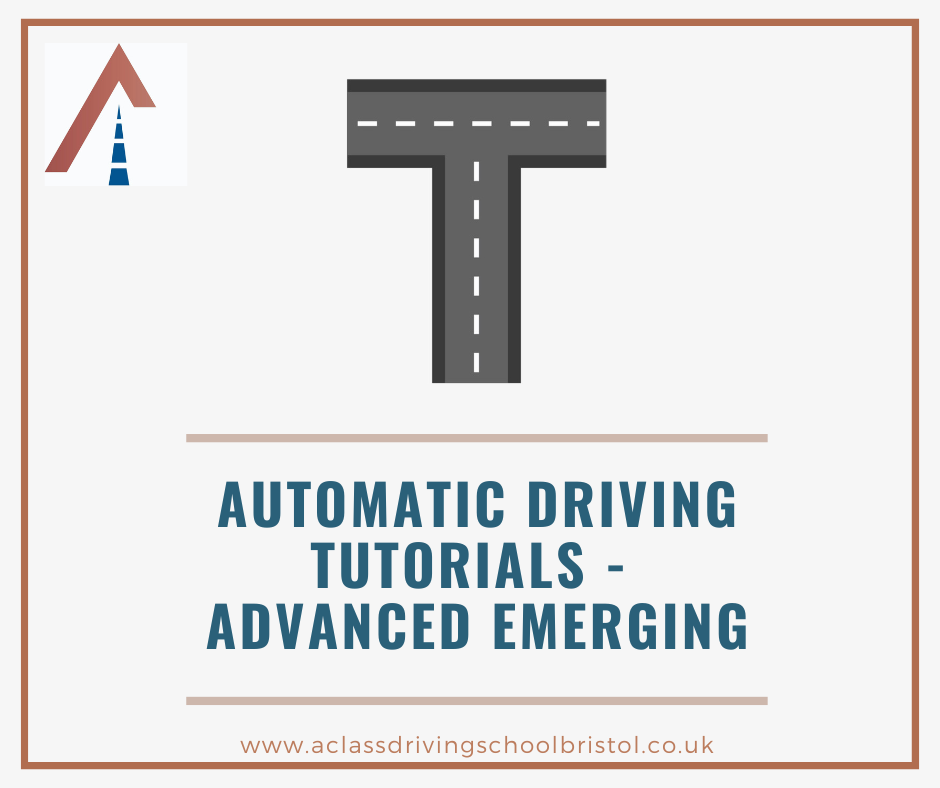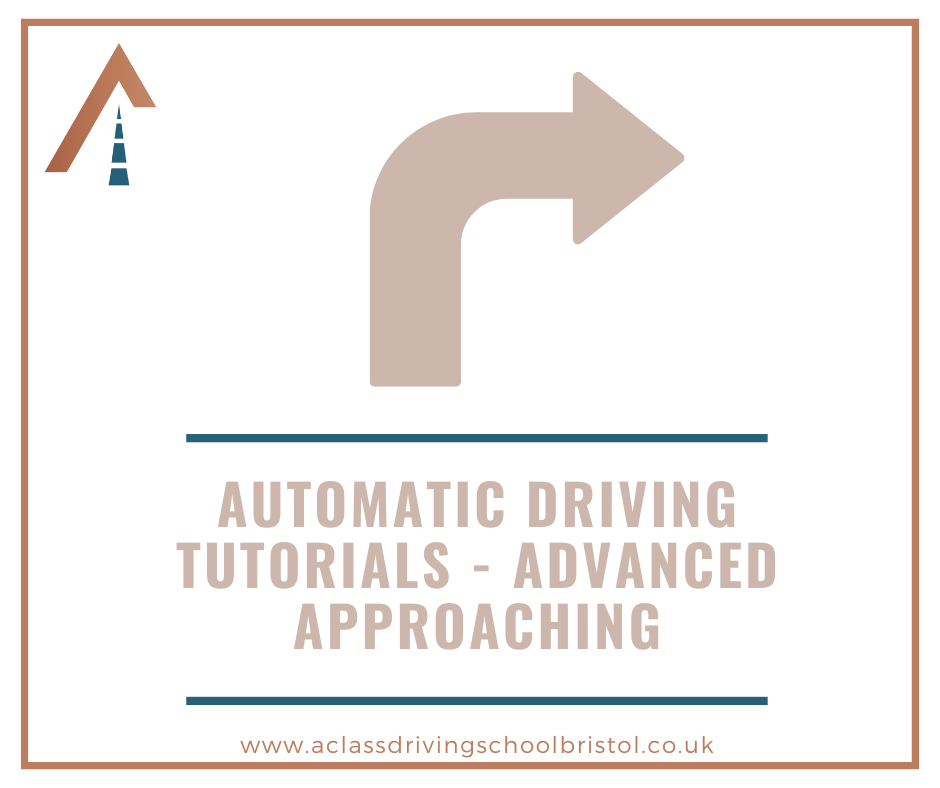Tips on passing your driving test
Tips for passing your driving test
Bristol’s A-Class Driving School – Tips for getting the most from your lessons and passing your driving test
The British driving test is the most difficult in the world. Every day, 10 people are killed on British roads and every one in three deaths is as a direct result of a newly qualified driver. Due to these horrific statistics, the test is becoming more difficult every day. The price of the test has increased (now £62 for the practical, £23 for the theory) and the pass rate has gone down. The days of turning up, driving for 40 minutes and passing are well and truly over. You MUST study for this exam. Give yourself the best chance possible by following my top driving test tips.
Sleep
It’s been scientifically proven that those who are well rested respond far better in reaction tests. Your driving test is one long reaction test! The night before, avoid having any alcohol or caffeine – both of these will interrupt your sleep cycle. Humans optimum sleep time is 8 hours. If you go to bed at 10pm, you'll want to set an alarm for 6am. Any more than this and your body and mind enter a new sleep cycle which waking from early could make you groggy.
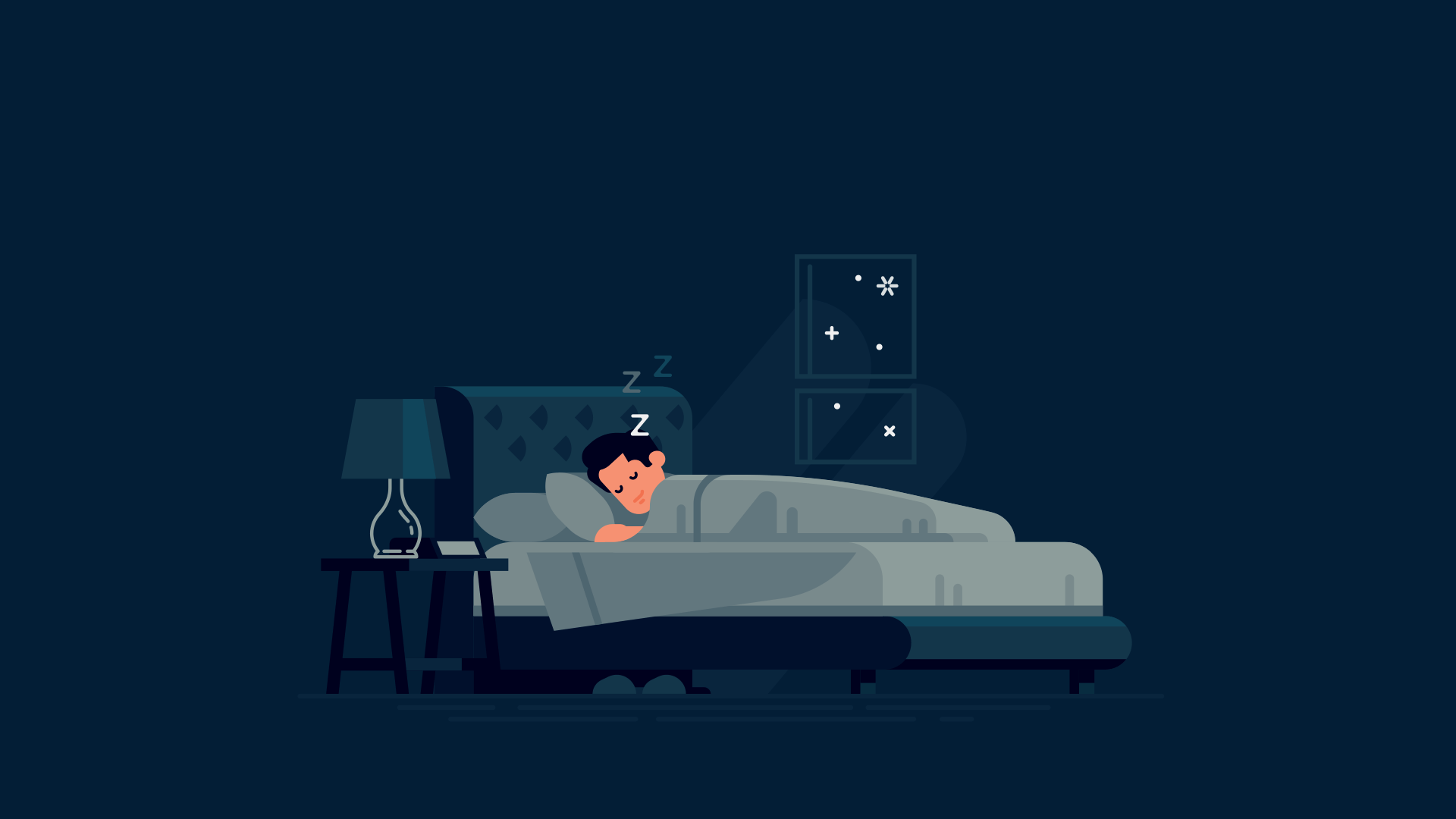
Food
What you eat makes your body respond in different ways. If your exam is early in the morning you need to get a good nights sleep, so eat a carbohydrate rich meal in the evening, like pasta. Carbohydrates make your body feel sleepy. If your exam is in the afternoon you need to eat protein, like meat, eggs or pulses/beans. Protein makes your body feel alert.
Be prepared
The night before your test get everything you need ready and leave them by the front door. You need 1 thing; your plastic licence card. A drink and a snack could help. Sunglasses too for sunny days. Know what is to be expected from you on the day of your exam. Have a look at how the practical driving test works and how the examiners mark it.
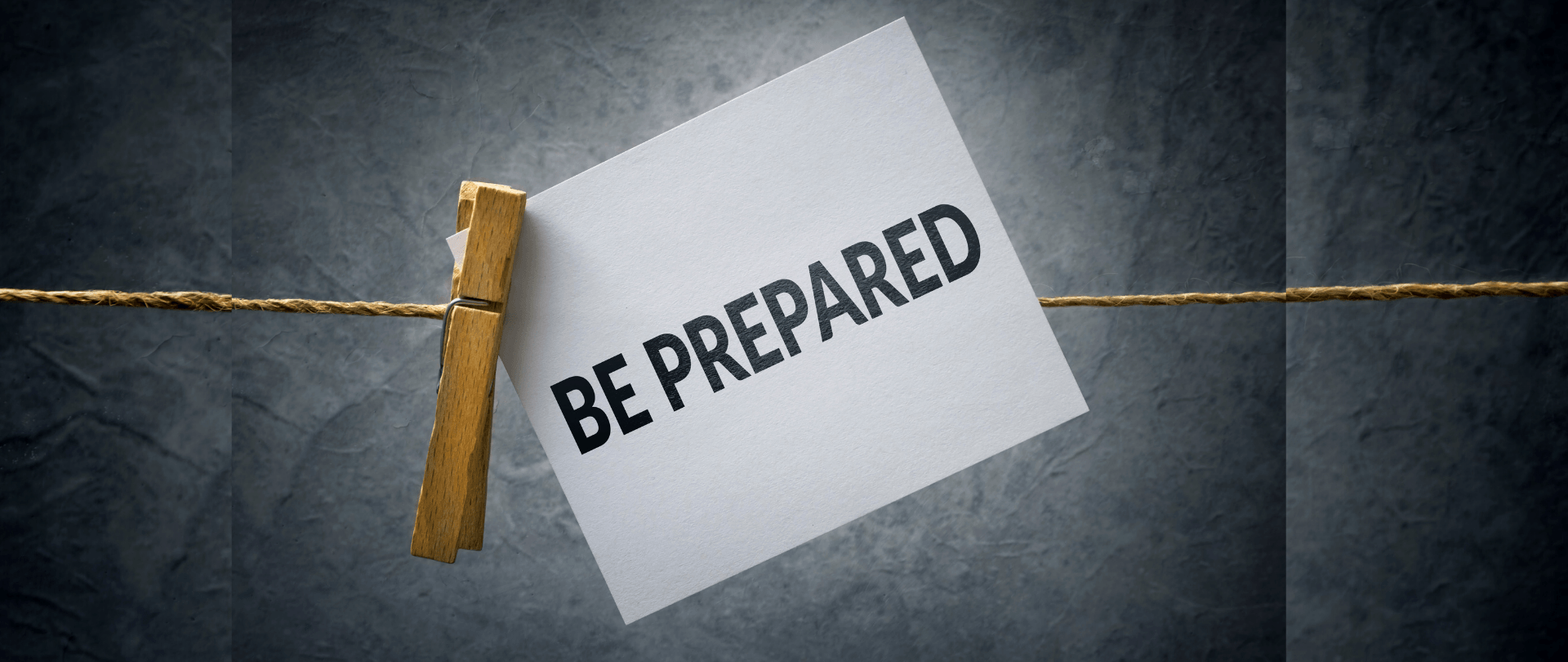
Use our driving tutorials
I’ve created an online tutorials covering all subject topics you’ll be tested on in regards to the exam. Study them. Driving lessons (mostly) only last an hour; it’s a huge amount of information to take in. Use the online tutorials to find out more. People learn in 3 ways; visually (seeing things), aurally (listening to instruction) and kinesthetically (by doing). If you learn visually, like I do, you’ll greatly benefit by seeing instructions written on a page. A tiny percentage of people learn aurally, mostly women, and that’s how most of the instruction in the lesson is taught. Most people respond well to kinesthetic learning, which is great, as your driving lesson is just that.
There are diagrams, photos and step-by-step guides for everything you need to know about driving. I’ve also included information about each driving test centre in Bristol. Where and what people often fail on, maps of the test routes and trouble areas with guides and photos to help picture how to navigate around it successfully. Use this to practice with friends and family.
Practise
“Those who pass their driving test have had, on average, about 45 hours of professional training combined with 22 hours of private practice. Learners who prepare this way, with a combination of plenty of professional training and plenty of practise, do better in the test.” This is copied directly from the DVSA website. If you have only had a handful of lessons with an instructor and no private practise, you are attempting the impossible. Get out on the road and behind the wheel as much as you can. If you can’t learn practically, you MUST practise theoretically. The best way to do this is to visit and read the online driving tutorials on this site. There are also free videos on our Facebook page and YouTube page.
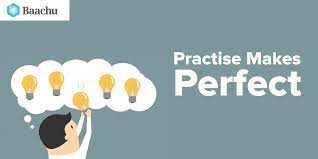
Make the most of your lesson
Instructors should always give you at least an hour in the car. If you turn up late, and they have another lesson afterwards, instructors can’t let down their next client because of you. Be ready to go when the door bell rings and make sure you get an hours worth. Be well hydrated – lack of fluids severally diminishes concentration levels. Make sure you have eaten (no crash diets), preferably something that will stimulate you like; asparagus, avocados, bananas, cod, cheese, peanuts, lettuce or fresh fruit. If you give your brain the right nutrients, you will be able to think faster, have a better memory, be better coordinated and balanced and have improved concentration. For more insight into the science of food, do some research.
Ask me
If you are unsure about something, ask me or your instructor. That’s what we’re here for. If you are thinking about driving whilst at work, text me, email me, skype me, call me. I really don’t mind and will try my best to explain in the simplest way possible. I enjoy teaching and want you to pass. Even if you’re not my student, send me an email – info@aclassdrivingschoolbristol.co.uk. I will get back to you ASAP.

Don’t try to do too much at once
I’ve seen this too much over the years. Students try to pass as quickly as they can, squeezing lessons into lunch breaks, between school/college/university exams and after work. DO NOT TAKE A LESSON IF YOU ARE ALREADY TIRED! You won’t get the most from your lesson and it can be counter-productive. This exam is very stressful, be flexible. Don’t pile unnecessary pressure on yourself.
Be relaxed, calm & dress comfortably
The examiners aren’t there to judge you on appearances; they are paid to judge your driving ability.
– Don’t wear high heels – flat shoes are the best option. Remove bulky jackets and heavy jumpers.
– Breathing – In through the nose, out through the mouth. Doing this 5 times slowly will help lower your heart rate.
– Remedies – Antispasmodic stomach medicine, such as Colofac, can help keep those ‘butterflies’ under control. Rescue Remedy spray can help too.
– Your environment – Open the window. Fresh air will help keep you alert and cool. Make sure the car’s environmental controls are set so you are comfortable. Don’t sit there melting!
Have confidence
I will (and other instructors hopefully) only let you go forward for the exam if I think you are safe driving on your own and have a great chance of passing. If you don’t feel confident with your driving ability – you’re not ready. You are allowed to change your test 3 working days before hand. Don’t throw away £100s (£62 for the test, £37 for lesson before, £37 for car hire) needlessly. No one likes to fail and if you think you’re going to, you’ll make it happen. Only when you feel confident do you stand a chance of success.

